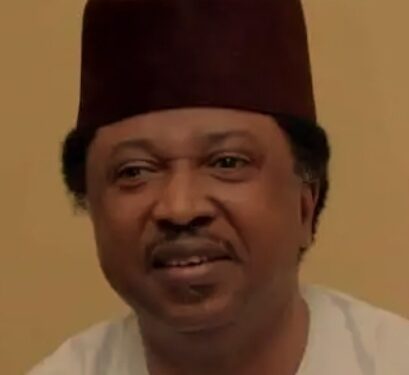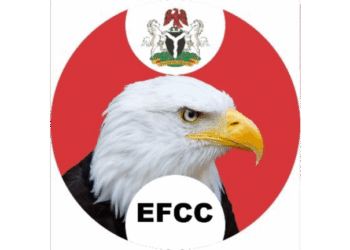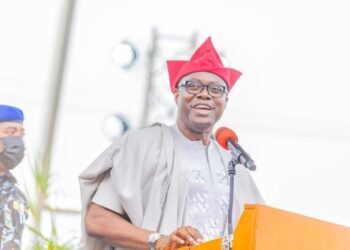Nigerian socio-political commentator and former senator Shehu Sani has lauded the Arewa Consultative Forum (ACF) for its recent call to action regarding the worsening economic crisis in Nigeria.
However, he also criticised the forum, accusing it of selective advocacy influenced by regional and ethnic considerations.
The ACF, a respected socio-political organisation in northern Nigeria, recently issued a statement highlighting the growing economic challenges Nigerians face under the current administration.
The group voiced its concern over skyrocketing inflation, widespread unemployment, and the ever-increasing cost of living, urging the government to take immediate steps to alleviate these hardships.
Citizens struggling to make ends meet have welcomed the group’s concerns, seeing them as reflective of the populace’s grievances.
Despite acknowledging the ACF’s efforts, Sani pointed out what he viewed as a glaring inconsistency in its approach. Writing on his verified Twitter account, he stated, “ACF has spoken the truth about hardship in the present Nigeria, that is commendable; but they failed to speak the same truth when a northerner was in power.”
Sani’s critique appeared to highlight the ACF’s silence during the tenure of former President Muhammadu Buhari, a northerner, when similar economic challenges were prevalent.
By drawing attention to this perceived bias, Sani underscored how ethnic and regional loyalty often shapes the actions of influential groups, potentially at the expense of national unity.
Sani’s remarks have sparked debates across social media platforms and beyond, with many Nigerians weighing in on the influence of regionalism and ethnicity in the country’s political discourse.
The accusations levelled by Sani touch on a broader pattern in Nigerian politics, where regional alliances often take precedence over national interests. This tendency, he argued, undermines the potential for a unified approach to tackling the country’s numerous challenges.
Sani’s call for accountability underscores the need for organisations to adopt an impartial stance, advocating for justice and equity regardless of who holds power. Such an approach is essential for ensuring that all Nigerians, regardless of ethnicity or region, benefit from the actions of these influential groups.











